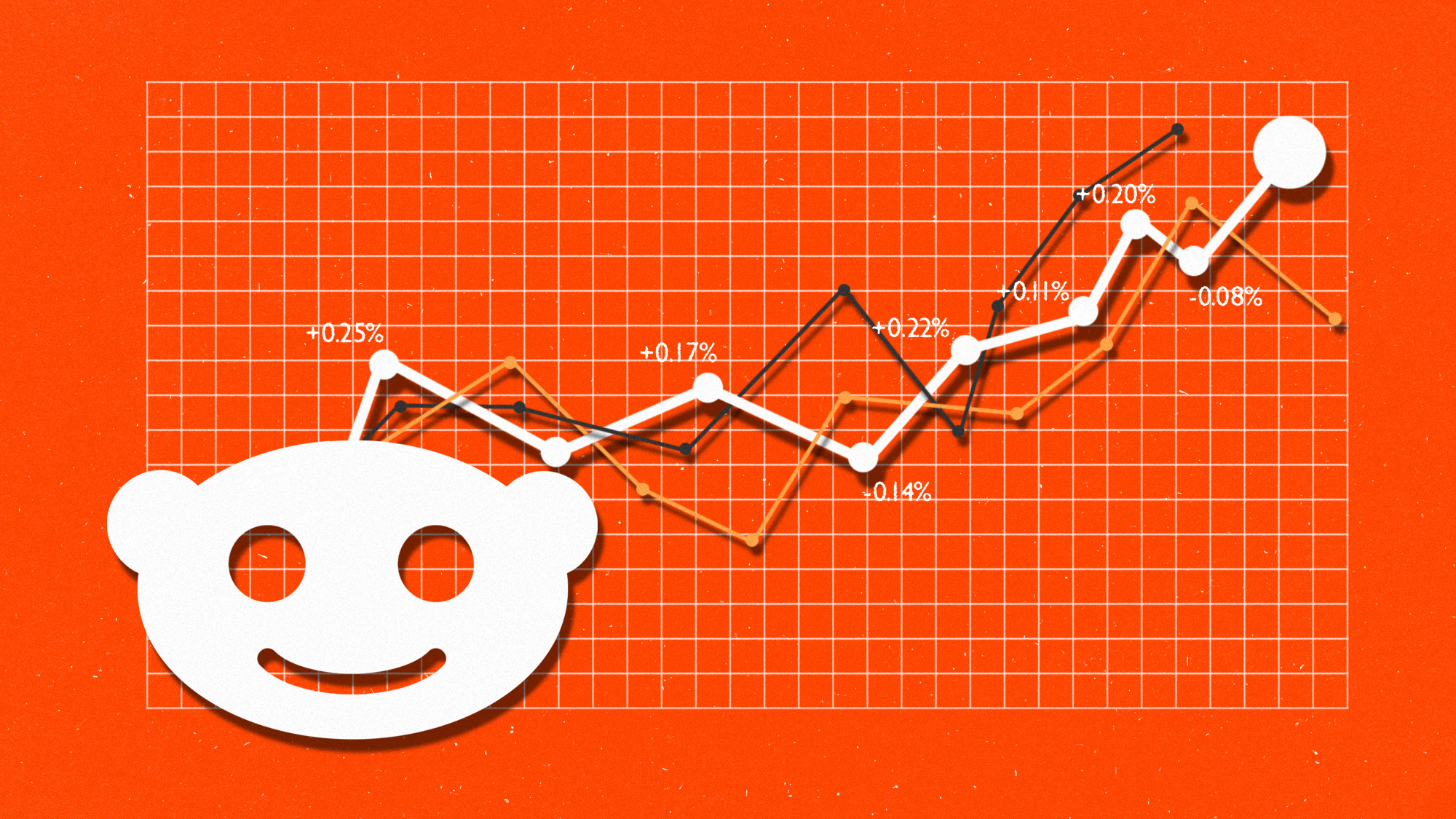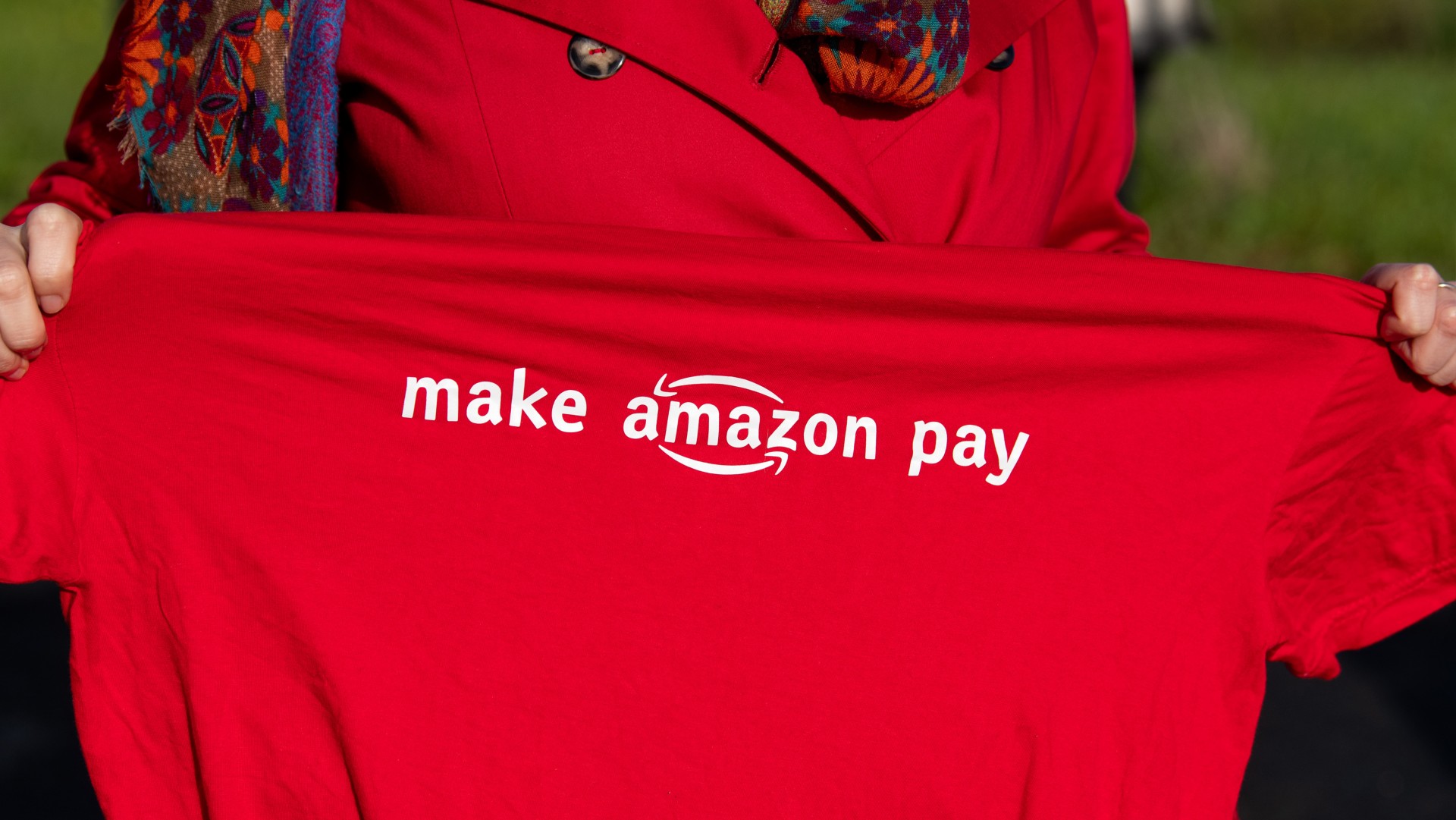Why are so many Britons leaving Facebook?
New research shows usage in UK has dropped by more than a third over past year

A free daily email with the biggest news stories of the day – and the best features from TheWeek.com
You are now subscribed
Your newsletter sign-up was successful
Usage of Facebook’s smartphone app has fallen by 38% over the past year in Britain, according to a new study.
Researchers at analytics firm Mixpanel found that interactions -when user click on a web link or advert inside the app - declined in seven of the 12 months up to June, with an average monthly fall of 2.6%, The Daily Telegraph reports.
The new data paints a “very different picture from Facebook’s own numbers”, the newspaper says.
The Week
Escape your echo chamber. Get the facts behind the news, plus analysis from multiple perspectives.

Sign up for The Week's Free Newsletters
From our morning news briefing to a weekly Good News Newsletter, get the best of The Week delivered directly to your inbox.
From our morning news briefing to a weekly Good News Newsletter, get the best of The Week delivered directly to your inbox.
In April, CNBC reported that the social media site’s European user count had increased during the first three months of this year, from 282 million active monthly users to 286 million.
But Facebook has experienced a series of sharp declines in recent years, suggesting that users may be falling out of love with the social media platform.
What’s behind the exodus?
A number of factors and recent developments may be at play.
A free daily email with the biggest news stories of the day – and the best features from TheWeek.com
Arguably the most significant is the introduction of stricter General Data Protection Regulation (GDPR), which came into effect across the EU in May last year, Bloomberg reports.
Under the new rules, websites must gain “unambiguous” consent from users to log their data. Facebook blamed the roll-out after losing about a million of its monthly active users in Europe in the second quarter of 2018.
Facebook’s chief financial officer, David Wehner, said the company had seen “the declines that we anticipated from GDPR” and that the falling user count was “purely due to the GDPR impact”.
Another factor behind the decline may be growing concerns about the potential negative mental health effects associated with social media.
US researchers who conducted a study involving 2,844 Facebook users found that participants who deactivated their accounts for a month reported “increased subjective well-being, less political drama and attention span agitation, and increased time spent with friends and family”, The Guardian reports.
The slump in activity on the platform in the UK may also be explained, at least in part, by variations in how user interaction is recorded.
Mixpanel’s study measured how many people open web pages or services in Facebook’s built-in browser each month, as a means of measuring “how intensely the app itself is being used”, The Telegraph says.
Facebook, meanwhile, measures user interactivity by analysing who clicks on links to external sites or adverts within the app.
As the platform allows users to read posts and watch videos without pressing a button, it’s also possible that people may be spending time on the app without being classed as active users.
How does Facebook plan to win users back?
A few new features aimed at winning back user engagement are in the pipeline.
These include a major redesign introduced in May that encourages users to interact with private groups to ensure that their timeline only displays content that they want to view, rather than groups or organisations with which they disagree.
Libra coin, Facebook’s upcoming foray into the cryptocurrency market, may also prove to be a valuable tool when it launches next year.
The cryptocurrency is designed to offer a secure way to transfer money between users overseas through the company’s chat apps, including Facebook messenger.
-
 Crisis in Cuba: a ‘golden opportunity’ for Washington?
Crisis in Cuba: a ‘golden opportunity’ for Washington?Talking Point The Trump administration is applying the pressure, and with Latin America swinging to the right, Havana is becoming more ‘politically isolated’
-
 5 thoroughly redacted cartoons about Pam Bondi protecting predators
5 thoroughly redacted cartoons about Pam Bondi protecting predatorsCartoons Artists take on the real victim, types of protection, and more
-
 Palestine Action and the trouble with defining terrorism
Palestine Action and the trouble with defining terrorismIn the Spotlight The issues with proscribing the group ‘became apparent as soon as the police began putting it into practice’
-
 Why Reddit is going public
Why Reddit is going publicThe Explainer The 'front page of the internet' is facing criticism for the decision as well as its valuation
-
 Elon Musk to X's fleeing advertisers: 'Go f--- yourself' and 'don't advertise'
Elon Musk to X's fleeing advertisers: 'Go f--- yourself' and 'don't advertise'Speed Read 'What this advertising boycott is going to do is to kill the company,' Musk said at a public conference
-
 Twitter: how are the company’s finances?
Twitter: how are the company’s finances?feature Elon Musk says Twitter is ‘breaking even’ but industry experts have slashed ad revenue projections
-
 Is Mark Zuckerberg out of ideas?
Is Mark Zuckerberg out of ideas?Speed Read The subscription service Meta Verified sounds awfully familiar
-
 How Amazon’s first UK strike could be a sign of things to come
How Amazon’s first UK strike could be a sign of things to comefeature Big Tech is facing increasing pressure from unions as cost-of-living crisis fuels nationwide unrest
-
 Have under-30s ‘lost the plot’ when it comes to Botox?
Have under-30s ‘lost the plot’ when it comes to Botox?Talking Point Young people are proud of being ‘overly injected’ says leading cosmetic doctor
-
 Meta: Zuckerberg's grand bet goes badly wrong
Meta: Zuckerberg's grand bet goes badly wrongfeature
-
 Leaning out: The most powerful woman in tech moves on
Leaning out: The most powerful woman in tech moves onfeature